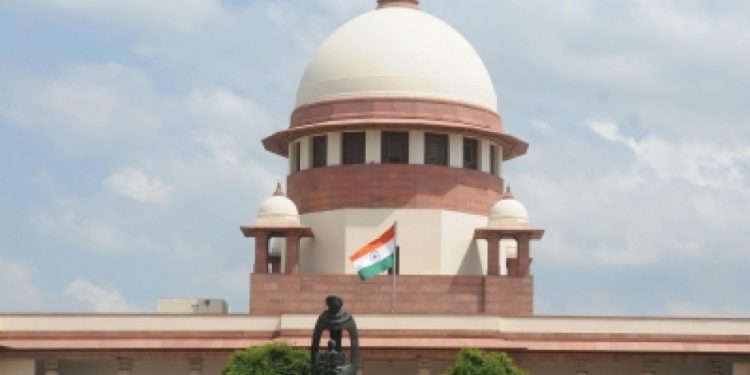New Delhi: The Supreme Court Thursday reaffirmed the death penalty of a convict for “horribly” gangraping a 10-year-old girl and killing her along with her brother in Coimbatore in 2010.
In a majority judgment of 2:1, a bench headed by Justice RF Nariman dismissed the plea filed by the convict Manoharan and said there are no grounds to review the verdict.
While Justices Nariman and Suryakant dismissed the review plea, Justice Sanjiv Khanna, who was also part of the three-judge bench, said he has a different view on the point of the sentence only.
“In view of the majority judgment, the review petition stands dismissed in its entirety,” the bench said.
The top court had last month stayed the execution of convict Manoharan and said it would hear arguments on his plea seeking review of its August 1 verdict which had confirmed his death penalty.
The apex court had August 1 sent Manoharan to gallows for raping the girl along with a co-accused and killing her and her seven-year-old brother by throwing them in a canal with their hands tied.
Terming the offence as “shocking” and “cold blooded”, a three-judge bench, by a majority of 2:1, had upheld the verdicts of the trial court and the Madras High Court to award death penalty to the convict, saying the offence fell under the “rarest of rare” category.
Manoharan and co-accused Mohanakrishnan, who was later shot dead in an encounter, had picked up the minor girl and her younger brother from outside a temple October 29, 2010 when they were going to school.
They had tied the hands of both minor siblings and brutally gang-raped the girl before trying to kill them by poisoning.
As they did not die of poisoning, the two men tied their hands and threw them into the Parambikulam-Axhiyar Project canal where they drowned.
In its August 1 verdict, Justices Nariman, Khanna and Surya Kant were on the same page in upholding the conviction of Manoharan for offences of kidnapping, gang rape and murder.
However, Justice Khanna was of the view that instead of death penalty, the jail term for the remainder of life without any benefit of remission would meet the ends of justice.
PTI






































